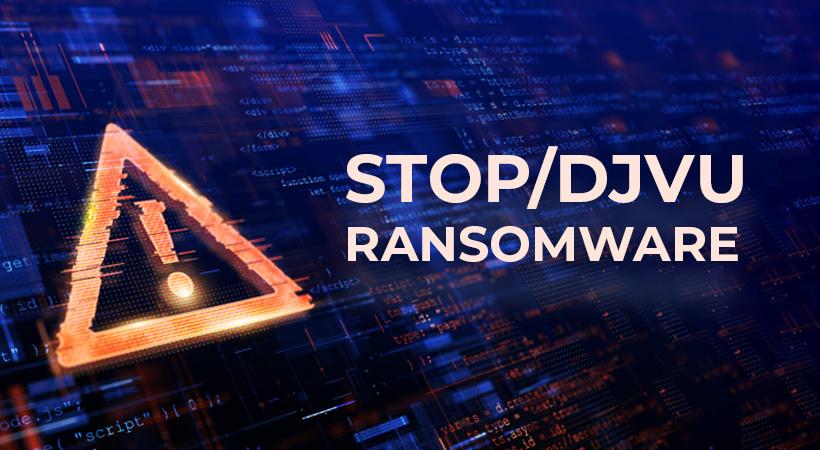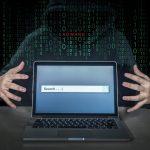BOZQ Ransomware is yet another malicious infection under the ever-growing umbrella of the STOP/Djvu Ransomware family. Like other related variants, it infects computers and then locks users’ files, including documents, music, pictures, video files, and others.
Once the encryption is complete, the hackers behind BOZQ Ransomware demand a ransom for a decryptor that would supposedly help you regain access to your data. If your computer has been infected with BOZQ Ransomware, you should immediately disconnect any other devices from the compromised machine to prevent further spread of the infection.
During the encryption, all the affected files receive ‘.BOZQ’ extension. Users will then find a ransom note on the computer’s desktop titled “_readme.txt.” This note instructs victims to contact the hackers at datarestorehelp@airmail.cc and support@fishmail.top.
In the ransom note, the hackers also offer to decrypt one file for free to prove that they can restore all of the files upon receiving payment. The ransom note instructs victims to pay $980 or $490 in Bitcoin. The lower ransom price depends on whether or not the contact is made within the first 72 hours after the attack.
Unfortunately, a free online decryption tool that could restore the encrypted files is not available at the moment. The only reliable way to recover affected files is to restore them from a backup. You can also try using alternative data recovery options, but there’s no guarantee that alternative data recovery tools can unlock all the encrypted files.
How Do I Deal with the BOZQ Ransomware Attack?
To protect yourself from the BOZQ Ransomware attack, you should practice safe web browsing habits like refraining from opening email attachments from unknown senders and downloading programs from unreliable sources. You should also have a reputable malware remediation tool installed on your computer. That way, you can regularly scan for elements associated with this troublesome ransomware infection and other malware. Also, to reduce the potential damage of a future ransomware infection, please consider backing up your files on an external hard drive or cloud storage.




